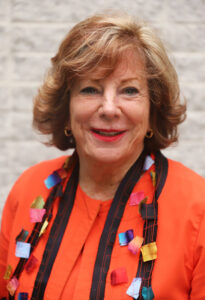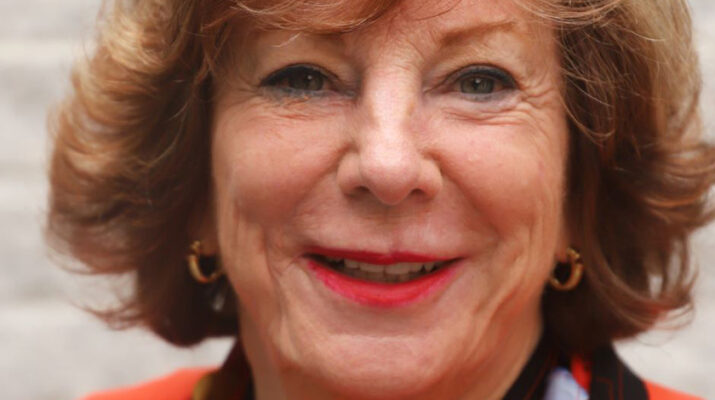
HCR Cares will partner with more than 125 Rochester-area predominantly African American churches to help older adults in their congregations overcome barriers to using home health care services to improve their health outcomes.
Through new grant funding, HCR Cares will expand its diverse care project to build and manage relationships with religious leaders and churches. The project is designed to help African American residents over age 65 overcome barriers that have kept them from receiving home health care tailored to their individual needs. This will involve increasing connections to physicians to improve trust in the health care system, making health care information more readily available and helping to address beliefs that may delay early medical intervention.
Funding for this project was provided by Greater Rochester Health Foundation, whose mission is to pursue and invest in solutions that build a healthier region where all people can thrive, and from The Max and Marian Farash Charitable Foundation.
Project implementation, which started in January, follows completion of a demonstration project with African American pastors and congregations to increase awareness of home care programs and services. HCR Cares, HCR home care and Strategic Community Intervention LLC launched the demonstration project. A field coordinator will provide a point of contact to manage and nurture relationships with the African American churches, and will work with HCR staff, the diverse care team and project oversight committee to achieve project goals.
“Based on the more than 40-year experience of HCR Cares and HCR Home Care, and on our demonstration project over the past year, we know there is a great need for our diverse care project,” said Louise Woerner, president and volunteer executive director, HCR Cares. “We are grateful for the generous support from the Greater Rochester Health Foundation and The Max and Marian Farash Charitable Foundation to help increase older African Americans’ access to home care, which plays a critical role in improving recovery from hospitalization and in reducing the risk of rehospitalization.”

